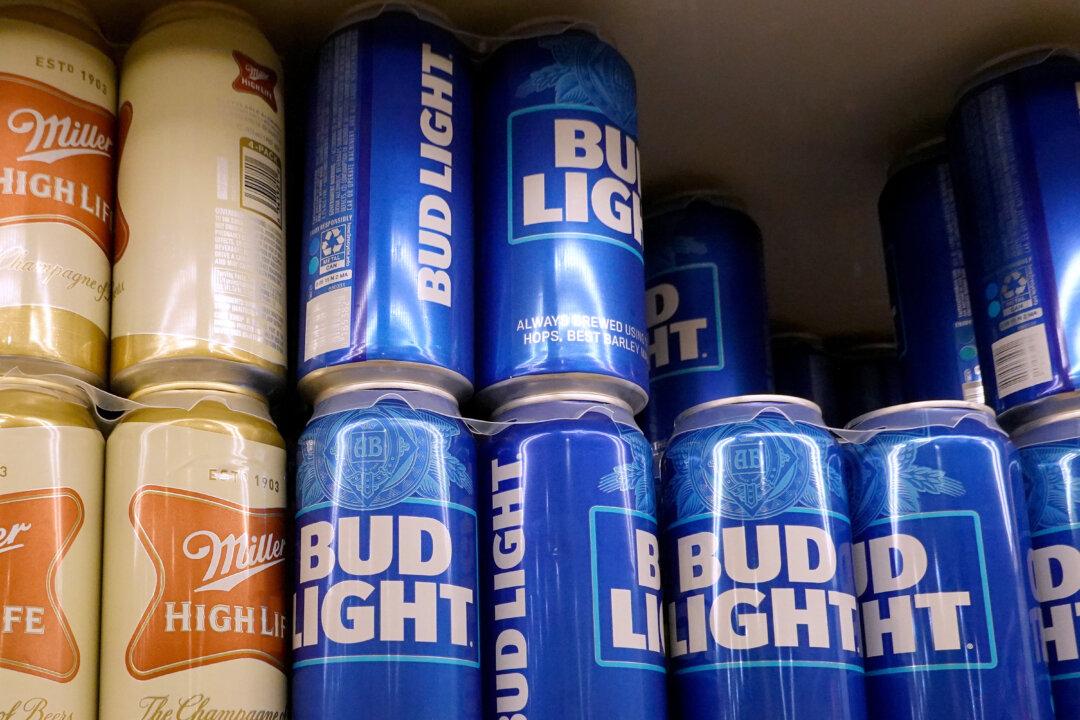Analysts with Bank of America this week upgraded Bud Light parent Anheuser-Busch InBev’s stock from neutral to buy but they stressed that in the United States, it’s “hard not to be negative” amid the monthslong Bud Light boycott.
Analysts with the bank lifted AB InBev its price target from $65 to $68, according to MarketWatch. The costs of goods sold pressures have begun to ease on the brand, while analysts cited how the brand is doing business in Latin America.





